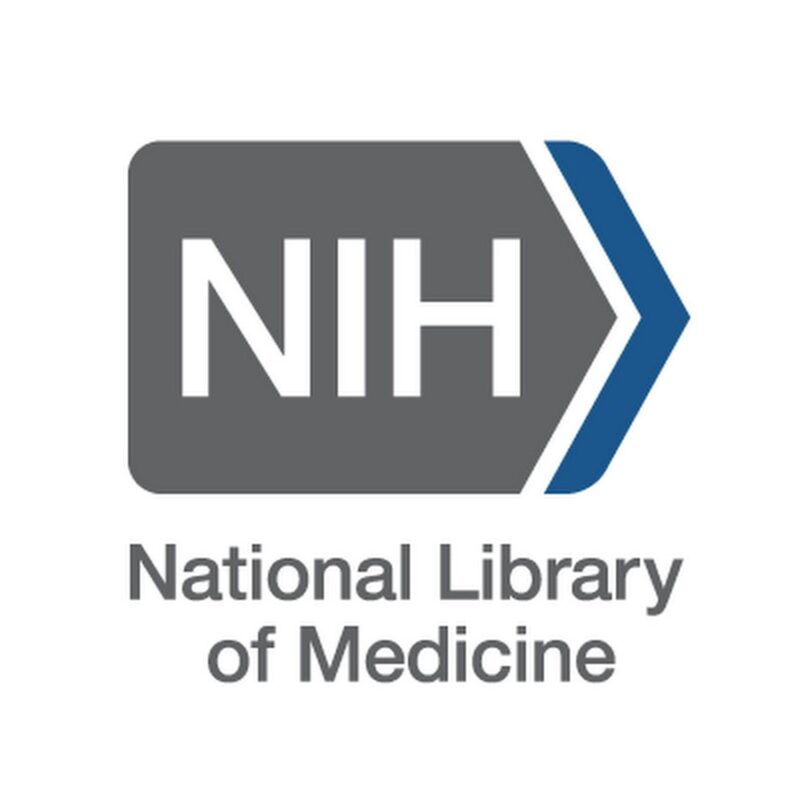One of the eleven criteria of a substance use disorder listed in the latest edition of the Diagnostic and Statistical Manual of Mental Disorders (DSM-5), is the recurrent use of the substance in situations in which it is physically hazardous. All too often these situations involve operating a motor vehicle while intoxicated.
Every day, about 32 people in the United States die in drunk-driving crashes, that’s one person every 45 minutes. But alcohol isn’t the only substance causing car accidents. Driving a vehicle while impaired due to the intoxicating effects of recent drug use can be just as unsafe as operating a vehicle while alcohol-impaired.
The effects of specific drugs on driving skills differ depending on how they impact the brain. Marijuana can slow reaction time, impair the judgment of time and distance, and decrease coordination. Drivers who have used stimulants such as cocaine or methamphetamine can be aggressive and reckless when driving. Certain kinds of prescription medicines, including benzodiazepines and opioids, can cause drowsiness, dizziness, and impair cognitive functioning. All of these effects can lead to vehicle crashes.
A recent study by researchers from the University of North Carolina at Chapel Hill revealed that almost half of US adults who have used methamphetamine within the past year and more than one-fifth of past-year cocaine users have driven under the influence.
The findings were based on data from the 2016 to 2019 editions of the National Survey on Drug Use and Health (NSDUH). Methamphetamine and cocaine are the only stimulants for which the NSDUH includes questions. Among those who reported past-year methamphetamine use, 47.2 percent reported driving under the influence. For those who had used cocaine within the prior 12 months, the figure was 21.6 percent.
An important finding in the report was that among adults who reported cocaine or methamphetamine use, those who reported driving under the influence of stimulants (DUIS) were two times more likely to experience a depressive episode or psychological distress.
“This greater likelihood of depressive symptoms might relate to psychological distress as a potential driver of increased substance use, which in turn, places individuals at greater risk of [driving under the influence of stimulants],” wrote study authors Trenette Goings, Manuel Cano, et al. “Alternatively, or as a complement, we know depression is not only a primary symptom of cocaine/methamphetamine withdrawal, but also increased risk for depression is a long-term consequence of stimulant use.”
The authors noted that those who reported very frequent stimulant use “were substantially more likely to report also driving under the influence of stimulants,” a finding consistent with what has been observed for driving under the influence of cannabis and hallucinogens.
The researchers wrote that although less than one percent of the US adult population overall reported driving under the influence of stimulants, the behavior is “quite common” among stimulant users. “Given the high levels of risk associated with [driving under the influence of stimulants], especially methamphetamine-influenced driving, this phenomenon is one that, although relatively rare, simply cannot be overlooked.”
The researchers added that among cocaine and methamphetamine users, individuals who reported driving under the influence of stimulants “were substantially more likely” to report driving under the influence while using other substances and also more likely to have been arrested on charges of DUI or for other reasons.
Given those findings, the authors of the study suggested that “prevention/treatment approaches focused on multiple substances as well as mental health needs may be most appropriate for addressing the challenge of DUIS.”
Addiction to stimulants and other addictive substances may require acute addiction treatment services, such as detoxification. Valiant Living Detox and Assessment is a 16-bed facility that provides comprehensive care beyond withdrawal management to launch the recovery journey.
We offer a transitional short-term residential program to make it easier for clients to consider the best way forward after a medical detox. The program helps clients and their families understand often unfamiliar treatment options better. Its emphasis is on post-detox stabilization and it prioritizes treatment planning and next-step care coordination.
If you are seeking a more comprehensive start for your treatment of addiction, contact us at 303-647-4932. We provide a safe, supportive haven in the earliest stages of recovery. Get the individualized attention you need for stabilization, assessment, and discerning the best next steps in your journey.


